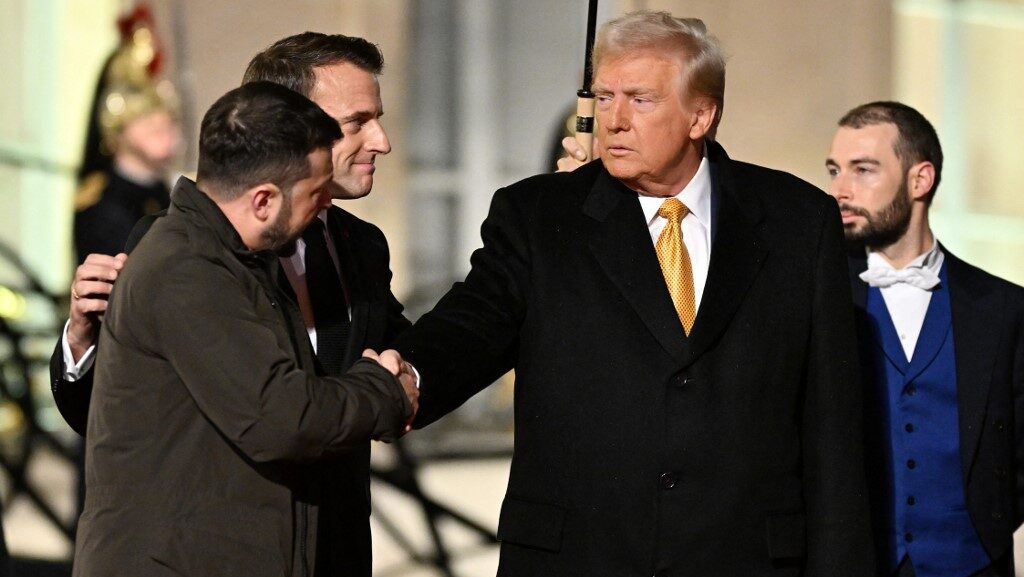
Russia’s claim that Ukraine attempted a drone attack on President Vladimir Putin’s residence has cast a shadow over fragile peace talks just as negotiations appeared to be nearing a breakthrough. While Kyiv denies the allegation and Washington urges caution, the incident risks hardening positions in Moscow and derailing momentum towards a settlement.
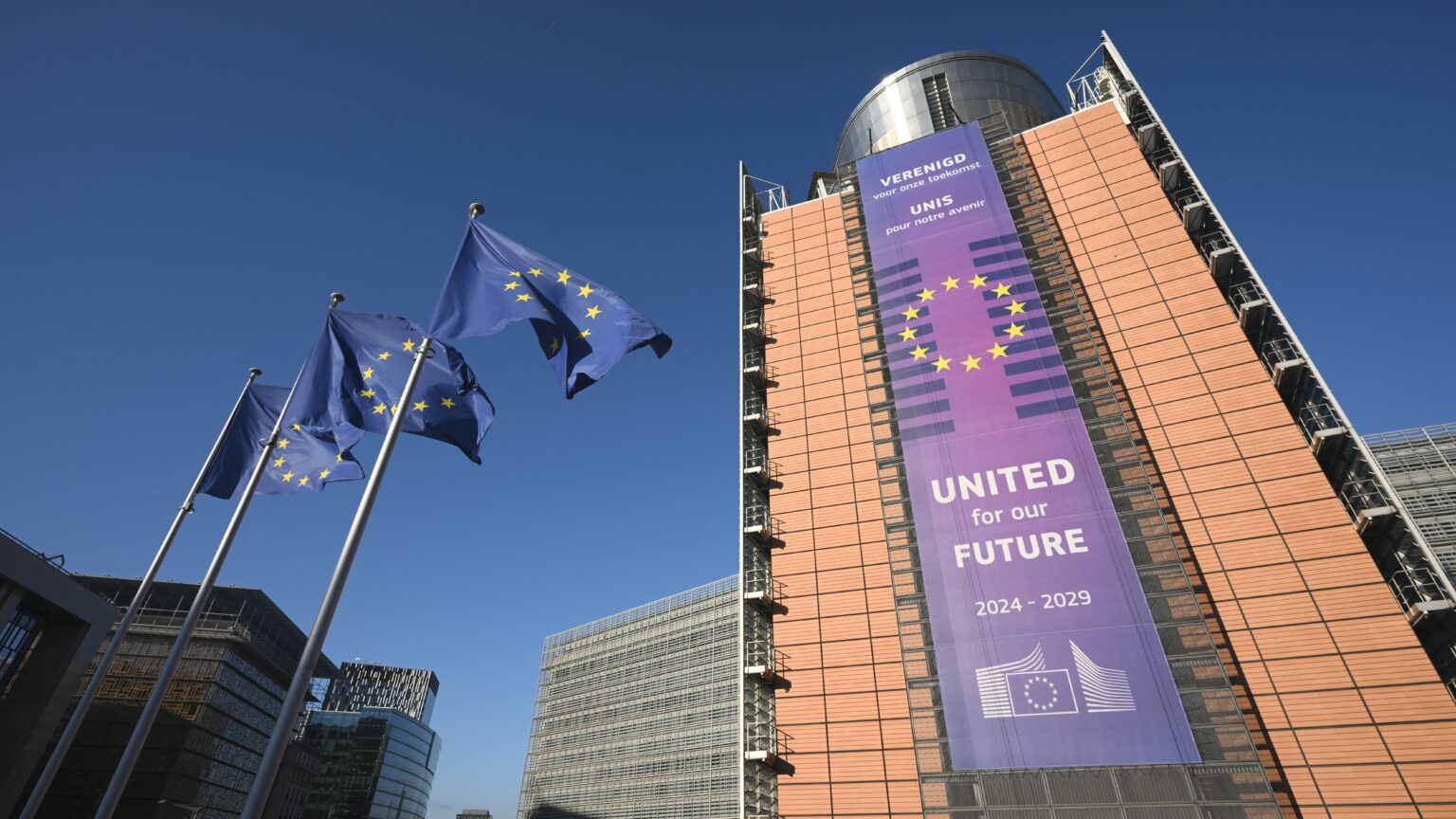
‘While a successful and prosperous EU is in the best interest of Budapest, unfortunately nothing illustrates what Europe has become in 2025 better than the National Security Strategy of the United States of America, which spoke of the “prospect of [Europe’s] civilizational erasure”.’
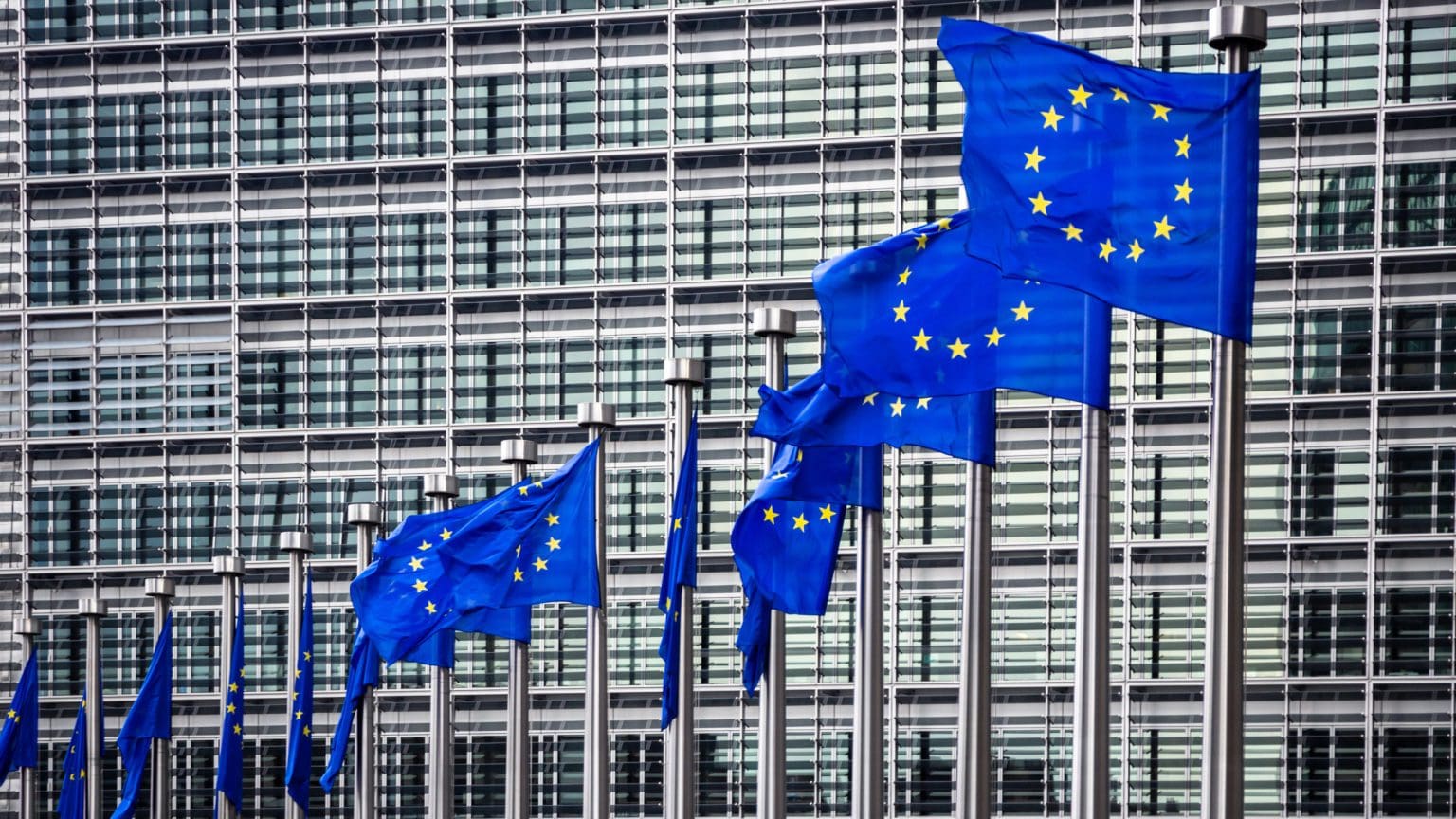
‘Although the first full year brought policy successes, the Commission has not yet been able to achieve any real success in any of the key areas. The extremely uncertain international political situation and the Commission’s declining authority as a result of its failures do not bode well for the future.’

‘The leaders of the most successful small or medium-sized countries tend to be acutely aware of the dexterity required to maintain security…it seems very unlikely that they and others like them will get lost in their own imagination or succumb to the self-fulfilling fatalism of the postmodernist cosmopolitan mind that gave birth to the “end of history”, the “rules-based liberal international order”, and all the rest of that dangerous nonsense.’

Why does Germany react with moral panic to Washington’s 2025 National Security Strategy, a document clarifying national interests while exposing Europe’s civilizational erosion, strategic weakness, and German political culture that treats realism as illegitimate, borders as taboo, and national interests as extremism, revealing Germany’s inability to act as a nation?
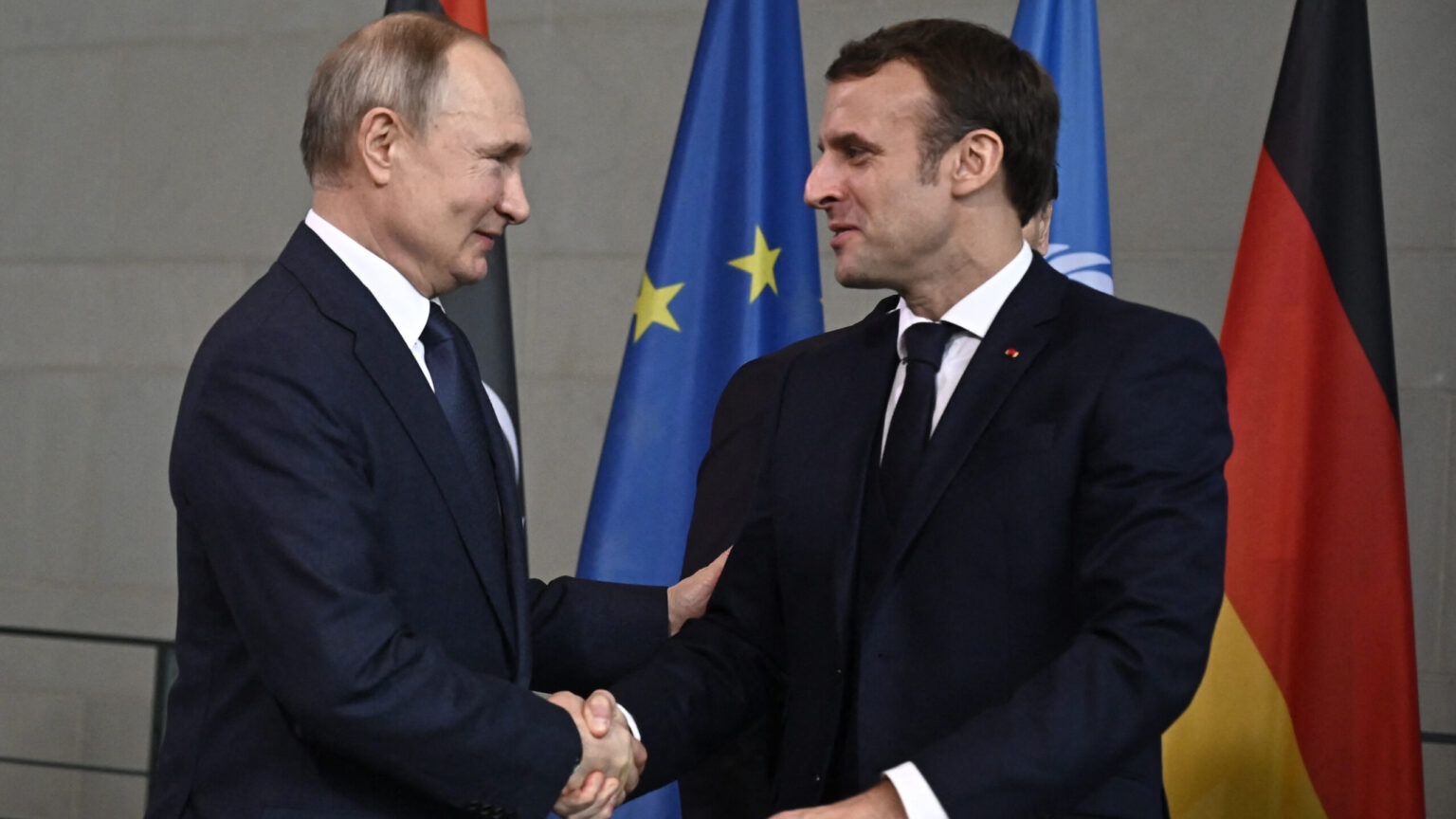
France is lobbying Berlin to approve a Russian-linked nuclear fuel project in Germany, with Macron himself applying diplomatic pressure behind the scenes. The initiative cuts against the EU’s REPowerEU strategy and signals that key member states are quietly planning for economic normalization once the war ends.
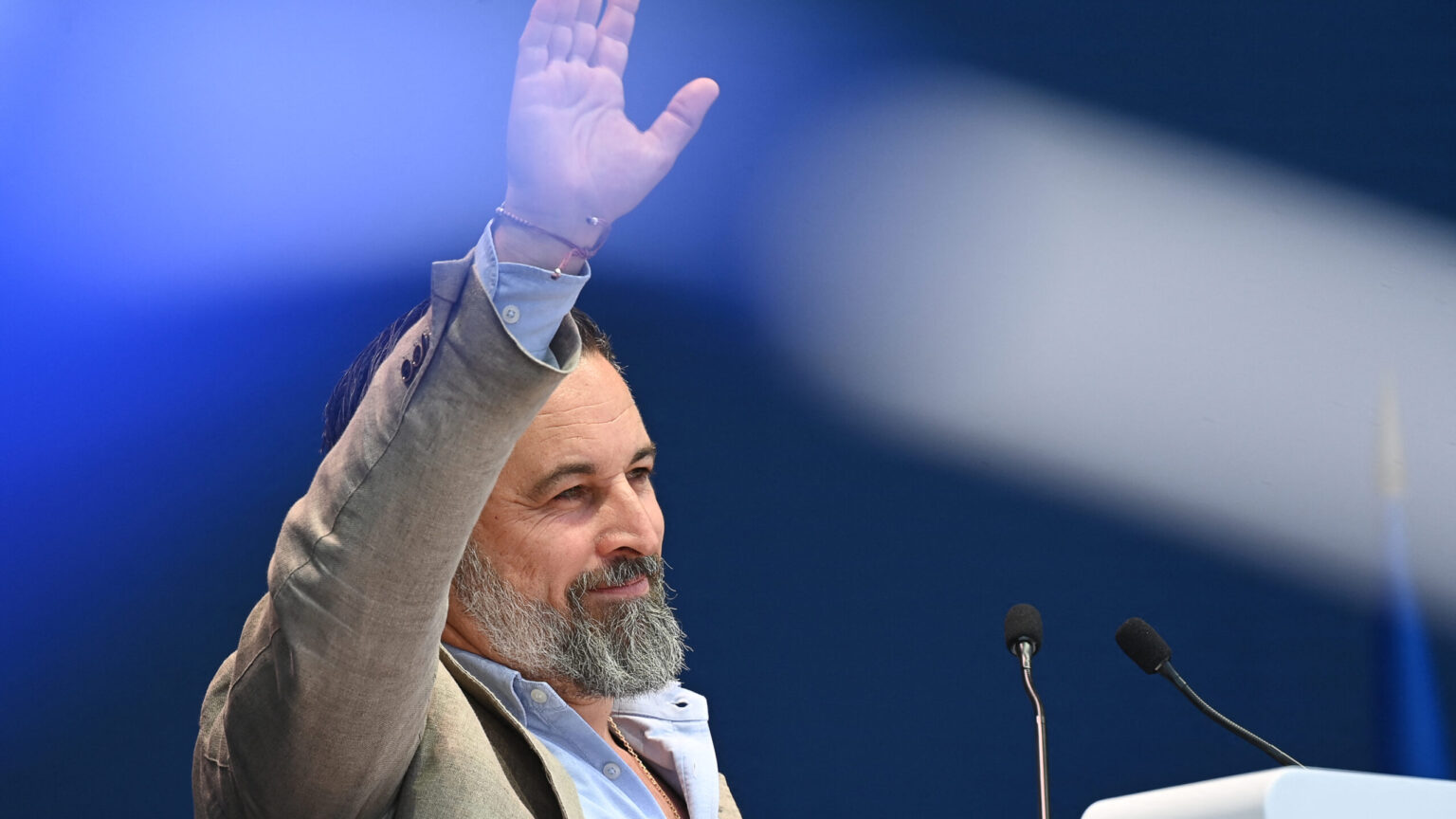
Spain’s regional election in Extremadura has delivered a major breakthrough for Vox, which doubled its seats and entrenched itself as a decisive force in a former Socialist stronghold. The surge benefits a close political ally of Viktor Orbán and underscores the expanding reach of the Patriots for Europe alliance within national and regional politics.
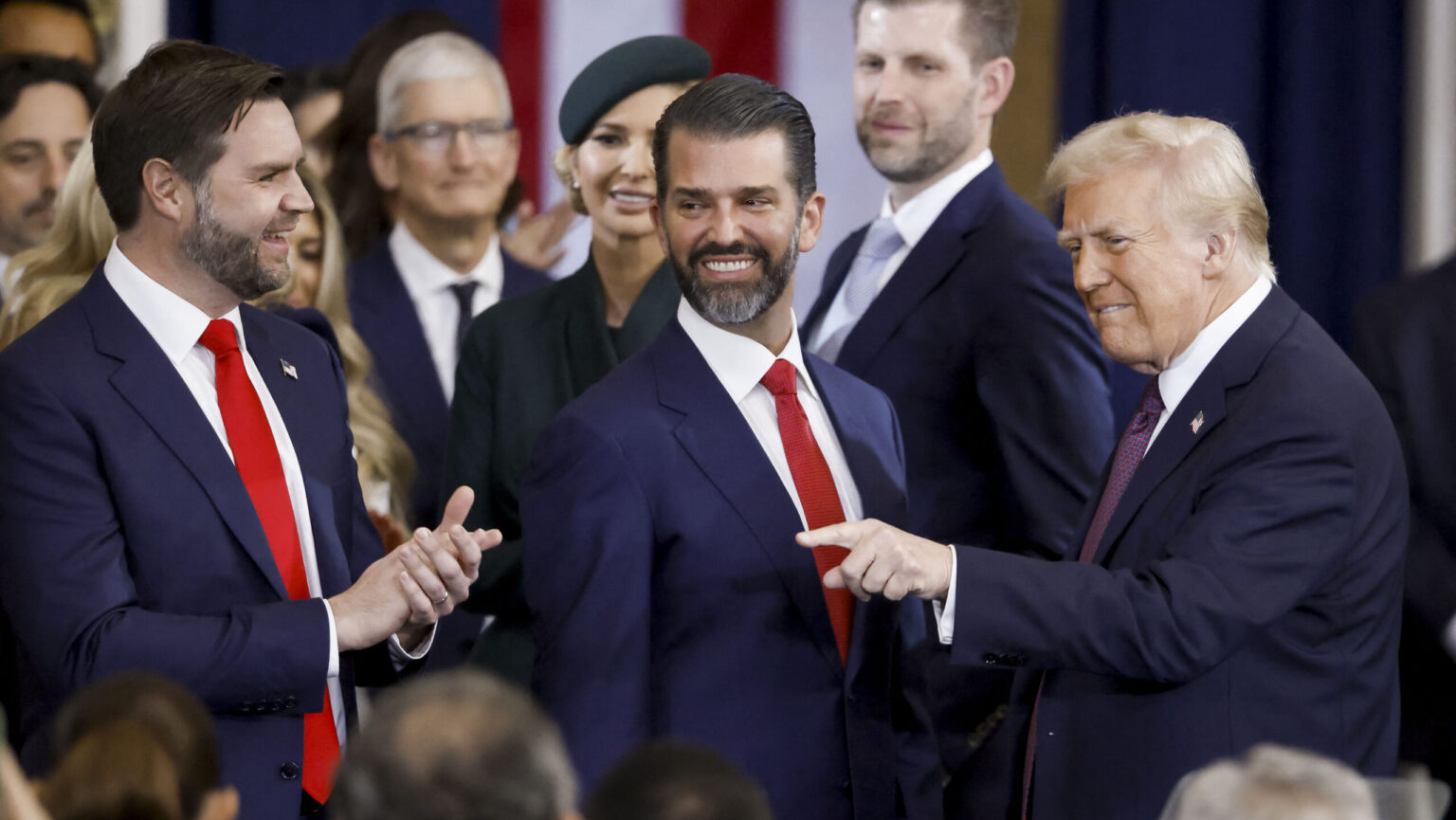
The average US gallon of gas costs under $3, the Dow Jones is up 13.5 per cent YTD despite April’s 13 per cent drop amidst the tariff frenzy, and JD Vance seems set for the 2028 Republican nomination. Yet the government shut down for 43 days, letting Democrats win NJ and VA gubernatorial races: here are the second Trump admin’s biggest Ws and Ls for 2025!

Once symbols of festive calm and Christian heritage, Western Europe’s Christmas markets have increasingly become targets of Islamist terror since the early 2000s. From Strasbourg to Berlin and Magdeburg, repeated attacks and foiled plots have reshaped how Europe celebrates Christmas—forcing heavy security, cancellations and a growing sense of fear.
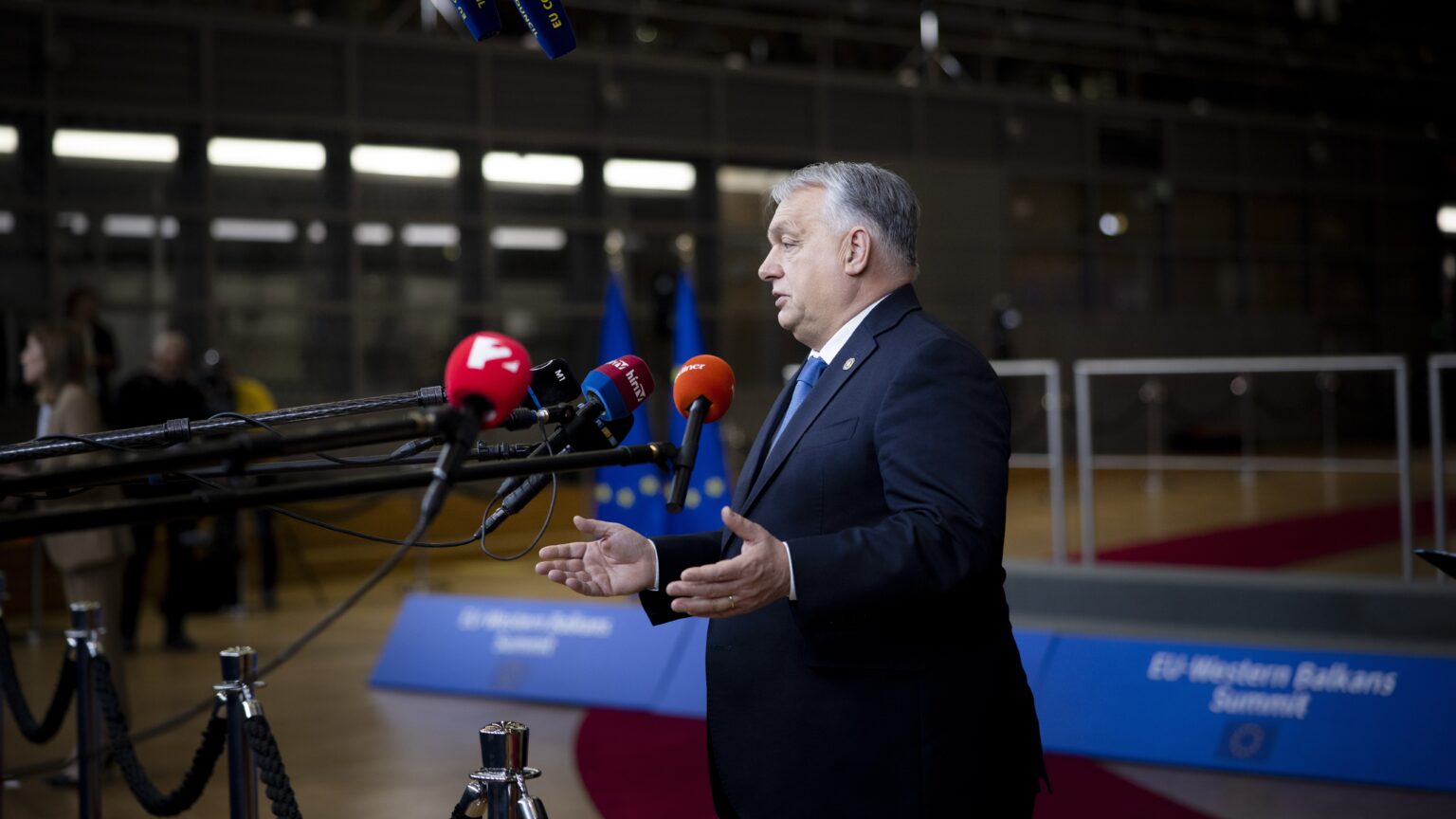
Prime Minister Viktor Orbán has accused the European Union of undermining member states’ rights by bypassing unanimity on frozen Russian assets, warning that such steps set dangerous precedents and risk dragging the bloc deeper into the war.

What could be God’s stance on homosexuality? Why is the anti-abortion stance a minority view in Finland? What is the problem with the integration of non-Christian migrants? We talked to a former Minister of the Interior of Finland at Axioma Center’s conference about the criminal proceedings initiated against her and the status of freedom of religion and freedom of expression in Finland.

Italy has joined Belgium, Bulgaria and Malta in resisting the European Commission’s plan to use frozen Russian assets as collateral for a €210 billion loan to Ukraine, warning of profound legal and financial risks. The pushback intensifies scrutiny of Brussels’s decision to invoke emergency powers to sidestep expected vetoes from Hungary and Slovakia.
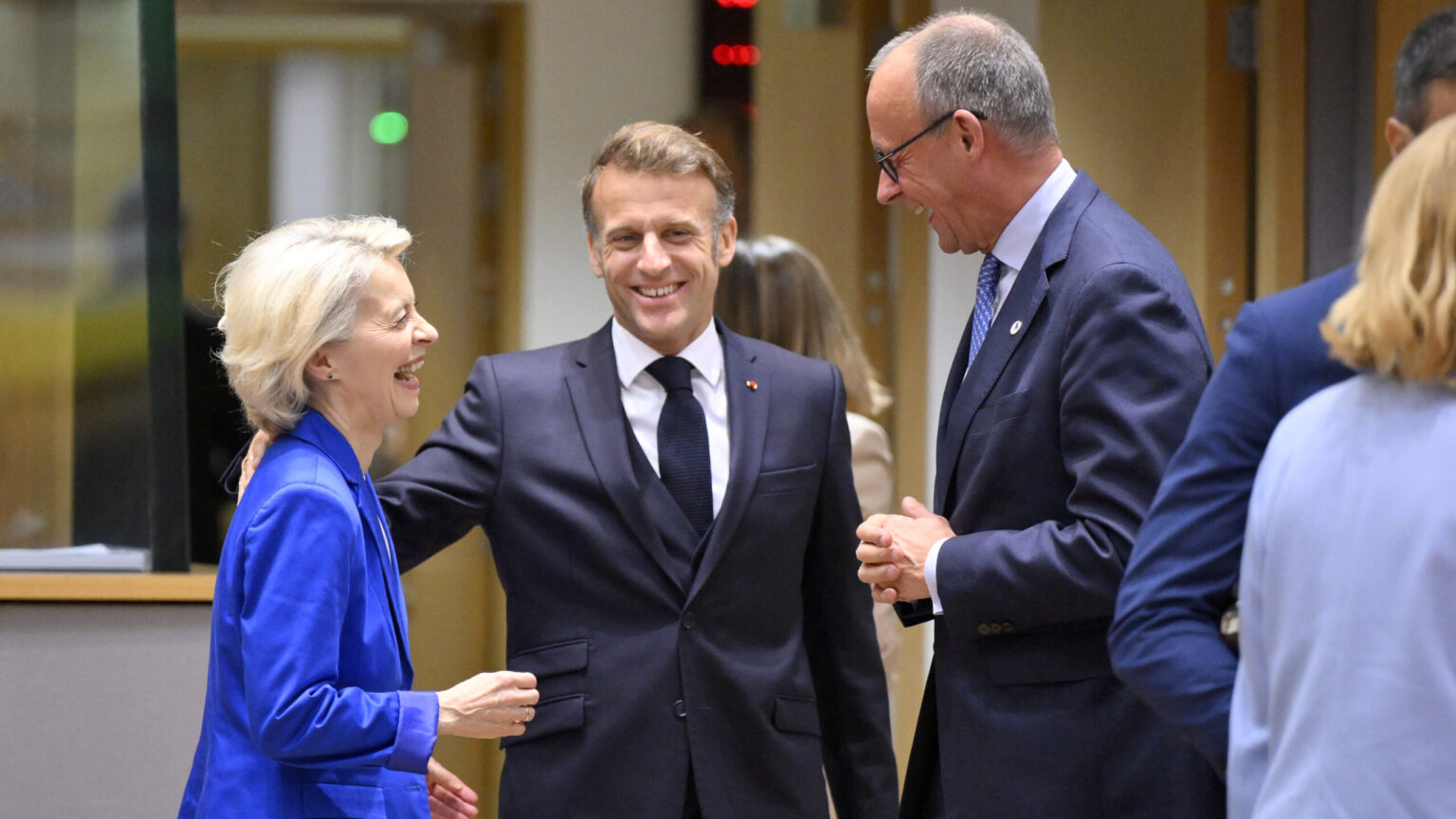
Ursula von der Leyen claims only voters decide a nation’s leaders—yet recent EU actions tell a very different story. From Romania’s annulled election to Germany’s institutional crackdown on AfD and France’s judicial assault on Marine Le Pen, the Union shows an increasingly authoritarian instinct that undermines democratic choice.

With 21 out of the 40 Republican State Senators joining the ten Democrats, a new congressional map for the state of Indiana that would have presumably given two more seats to the GOP has been rejected by the Indiana General Assembly. This is a major setback for President Trump’s party, in a midterm election that is shaping up to be a lot closer than it was during his first term.
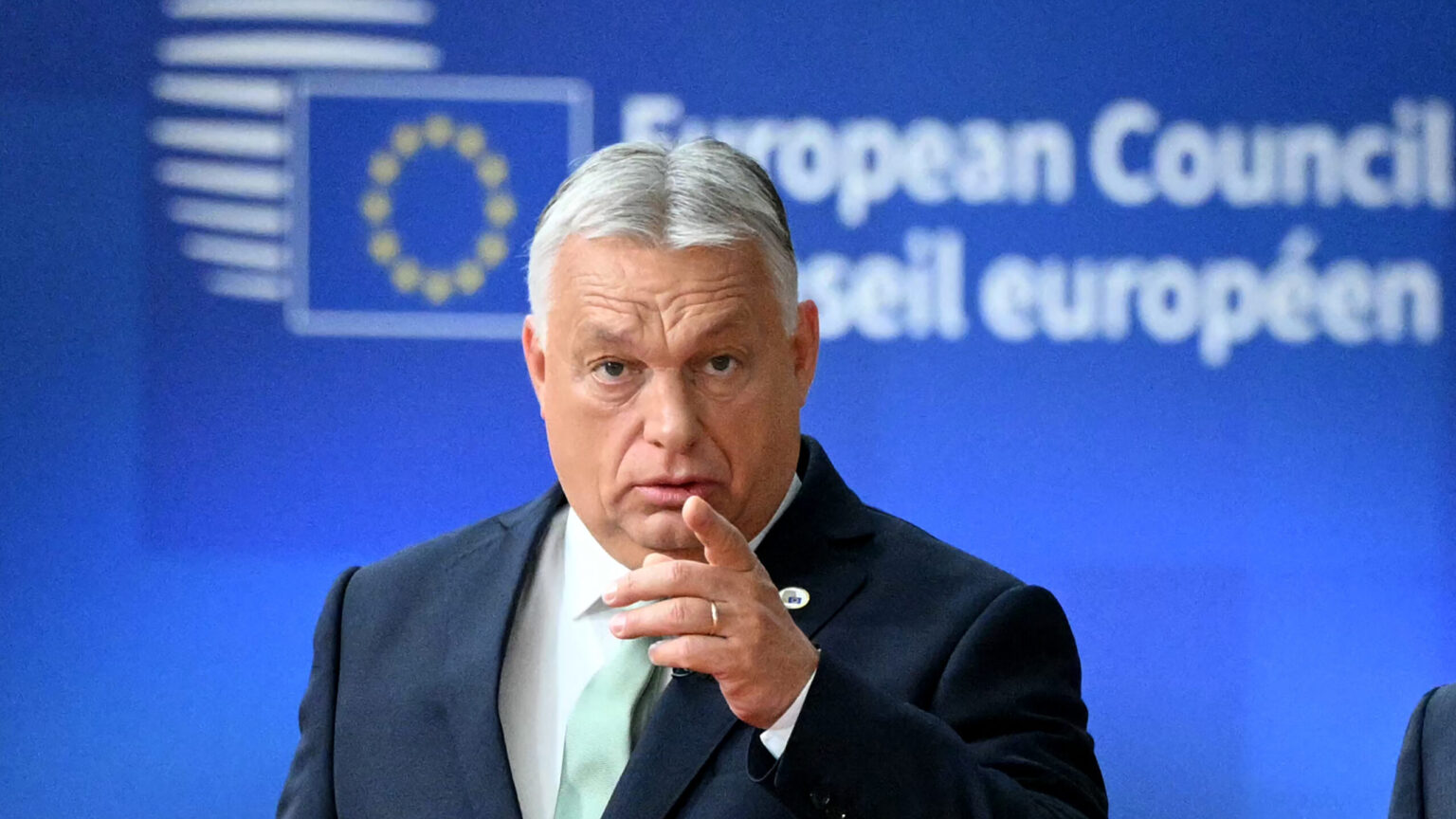
Western media spent the week circulating baseless claims about Hungary, from a fake ‘longer’ US security strategy urging EU exit to Bloomberg’s allegation that Viktor Orbán plans to replace parliamentary democracy. The narratives appear designed to damage the government ahead of 2026.
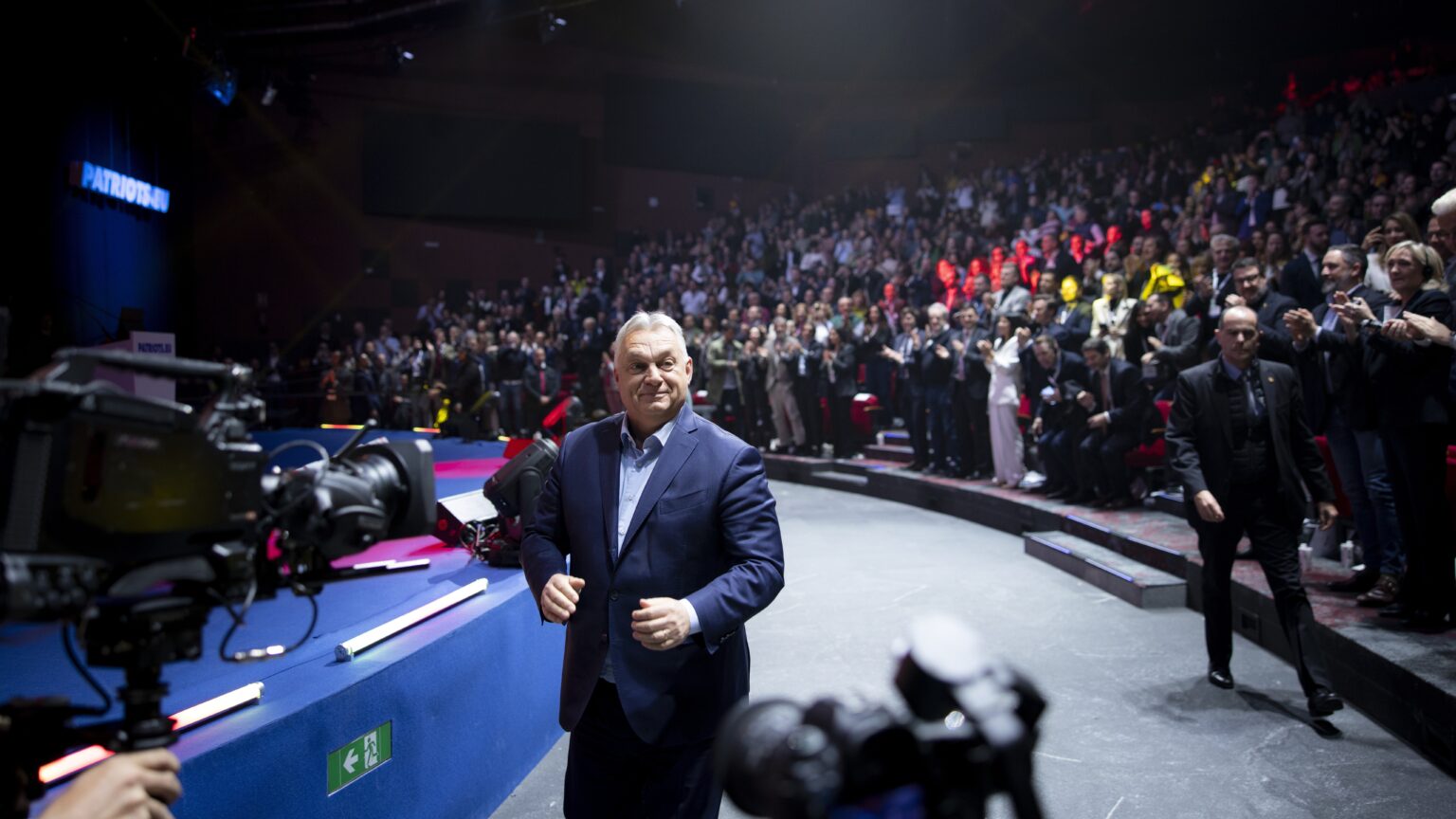
Prime Minister Viktor Orbán of Hungary has been included in POLITICO 28 again this year, the annual list of the most influential European figures by the political site. PM Orbán is ranked at #12, although his write-up is the most complimentary by the editors. US President Donald Trump has been ranked #1 on the list.
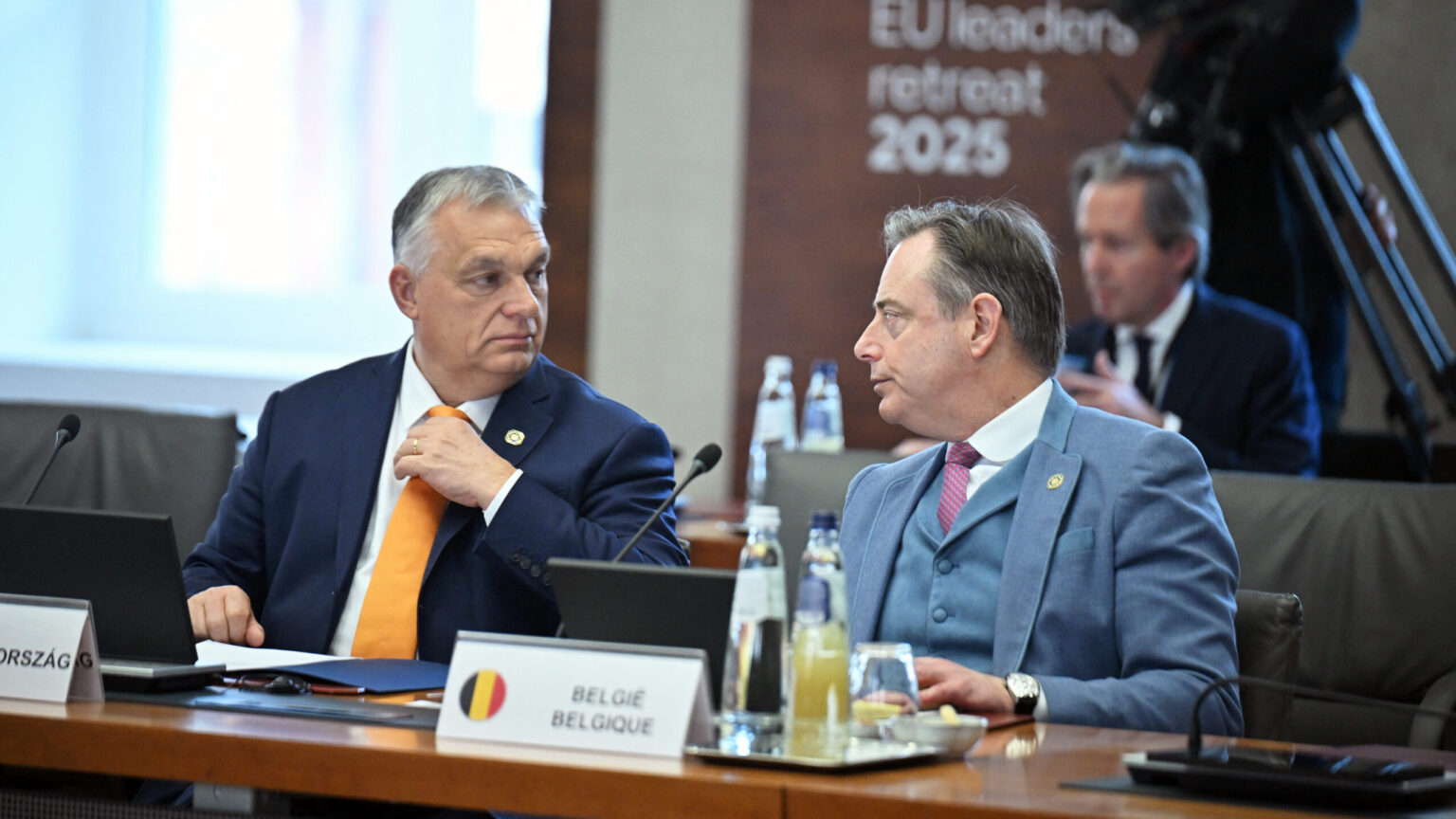
POLITICO Brussels reports that Belgium may soon be treated like Hungary—isolated, ignored and punished—simply for refusing Ursula von der Leyen’s EUR 165 billion Ukraine loan scheme. The message is unmistakable: in today’s EU, disagreement is no longer tolerated, and the system is shifting toward open coercion.
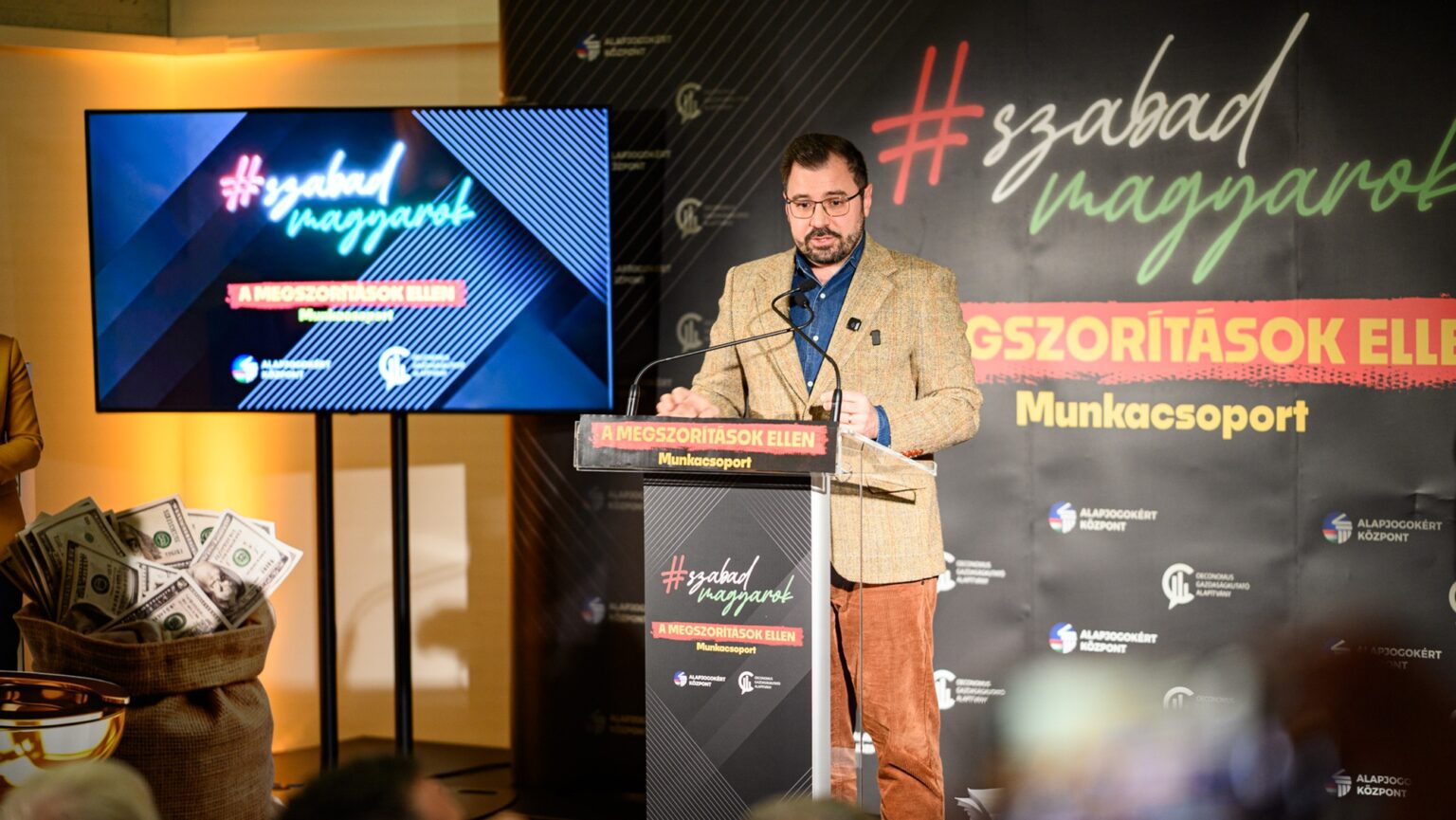
Responding to the Tisza Party’s leaked economic programme proposing tax hikes and austerity measures, the Center for Fundamental Rights and the Oeconomus Economic Research Foundation launched the #FreeHungariansAgainstAusterity task force. At the kick-off event, experts stressed the sharp contrast between Fidesz’s economic policy and the opposition’s plans.
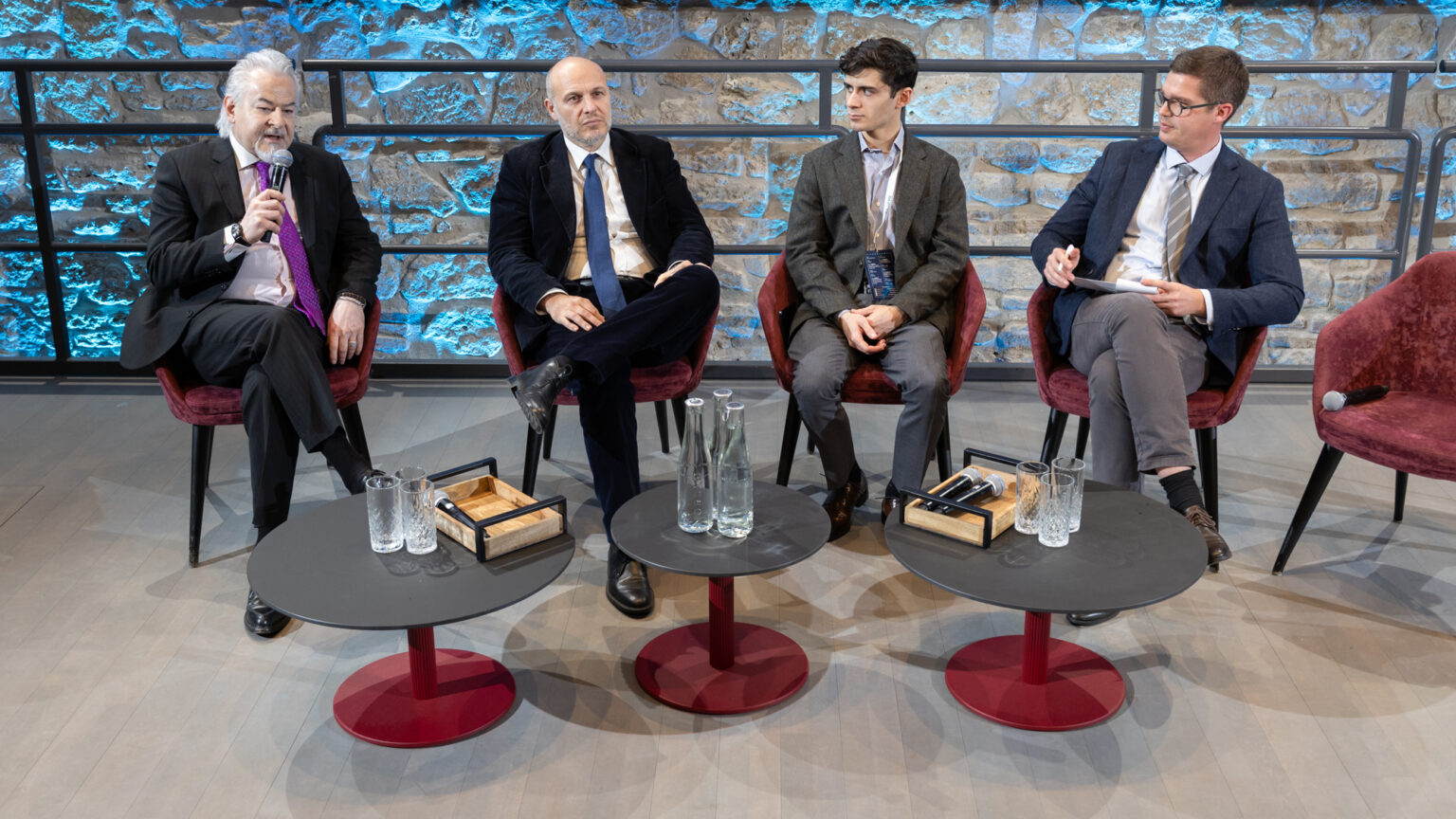
Central Asia’s growing role in global critical-mineral supply chains was discussed at the launch of the Danube Institute’s Turkic–Western Engagement Initiative, where experts highlighted the Middle Corridor’s rise, China’s tightening grip on strategic resources, and Hungary’s opportunity to shape Western engagement.
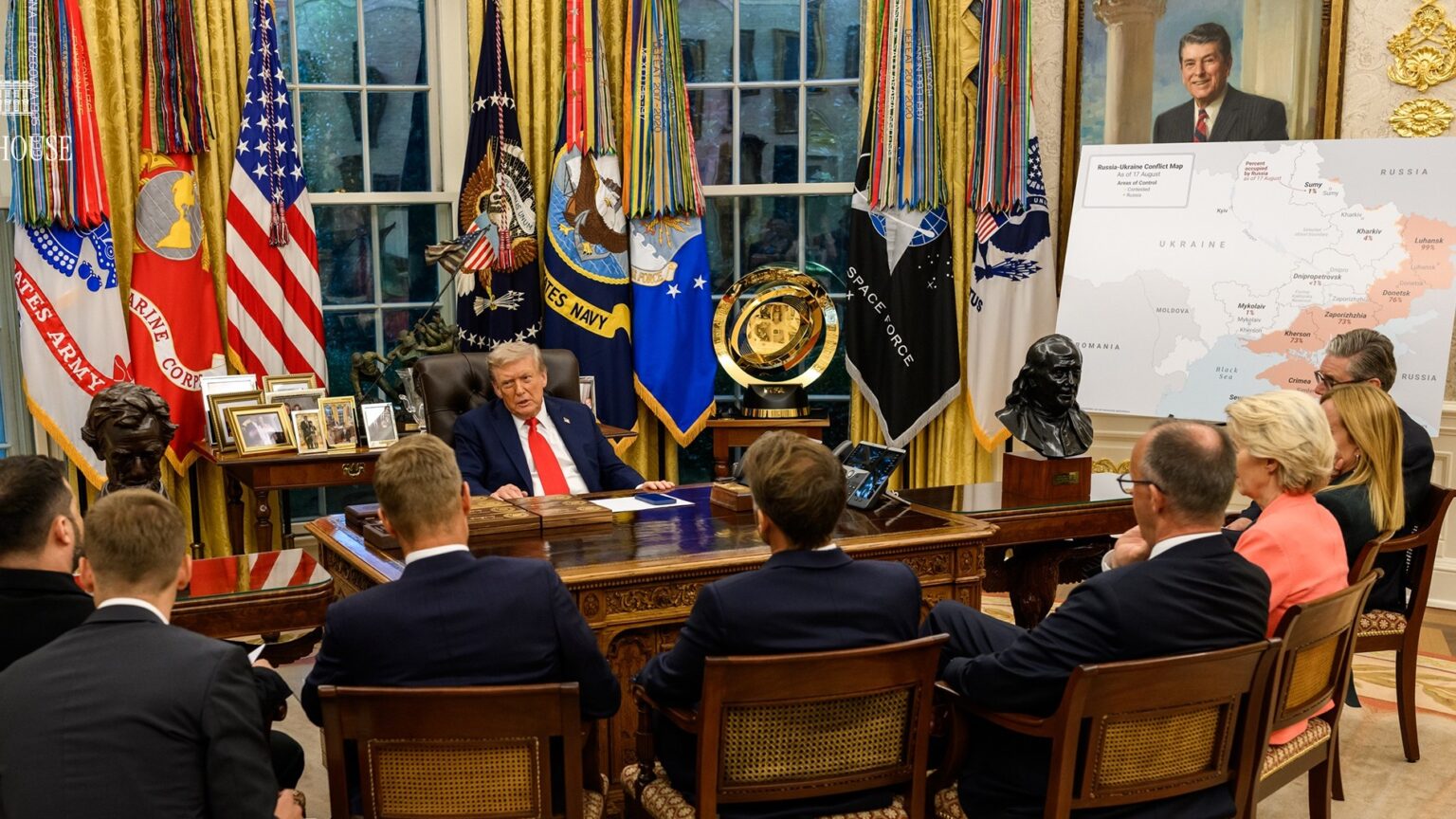
The EU has spent the past decade dismissing Hungary’s warnings about migration and sovereignty. Now Washington under Trump is sounding the same alarm, urging Europe to stop its downward spiral—but Brussels responds with indignation instead of introspection, accelerating its decline.
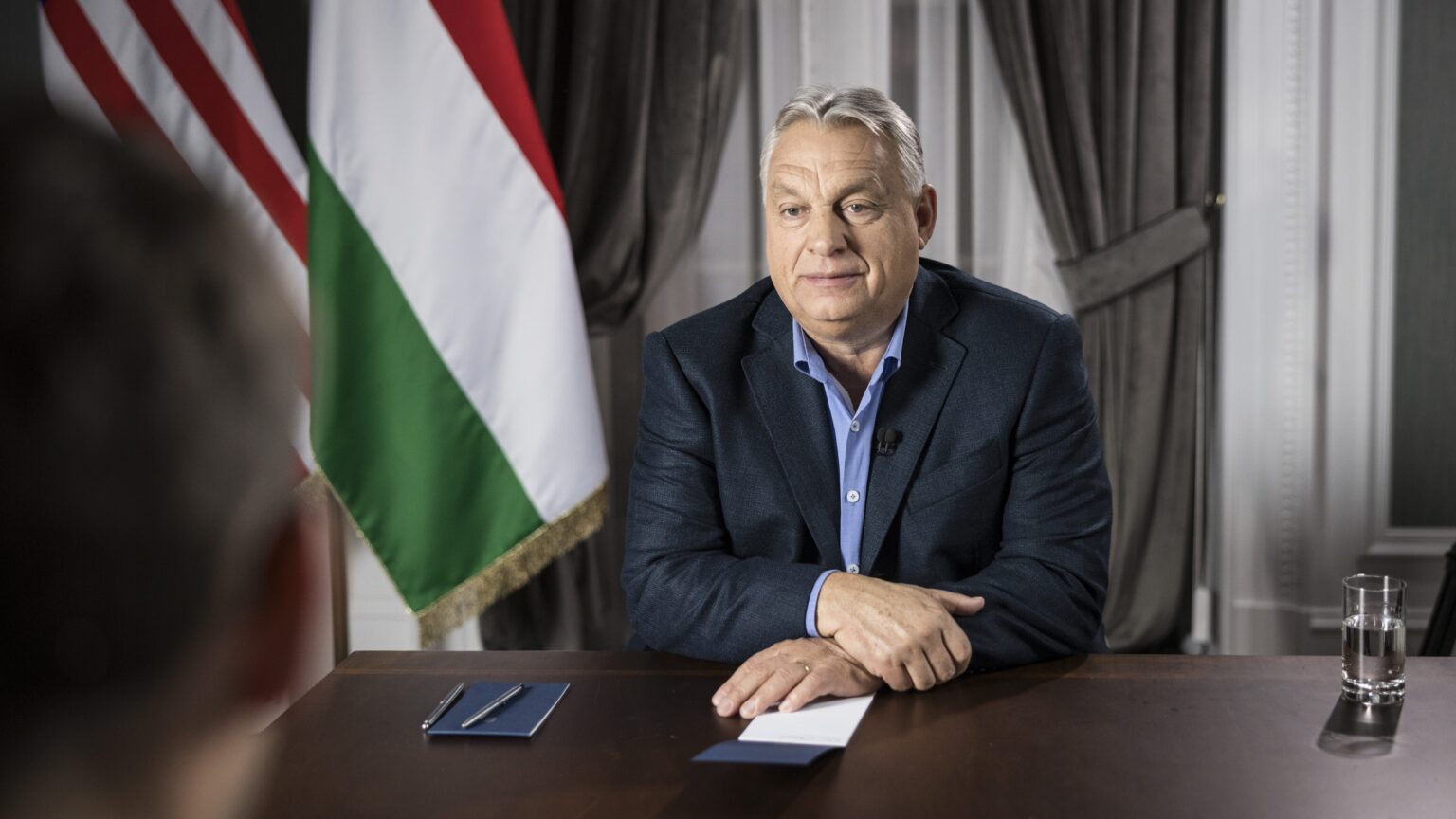
A new US-conducted poll shows Prime Minister Viktor Orbán maintaining a strong lead ahead of the 2026 Hungarian elections. Fidesz stands at 44 per cent, while the Tisza Party faces declining credibility after the leak of a controversial policy document.

The European Commission’s decision to fine X €120 million under the DSA has ignited the sharpest transatlantic clash since Trump returned to power. Musk called the penalty ‘bullsh*t’, while senior US officials warned the EU is undermining free speech and straining the foundations of the alliance.
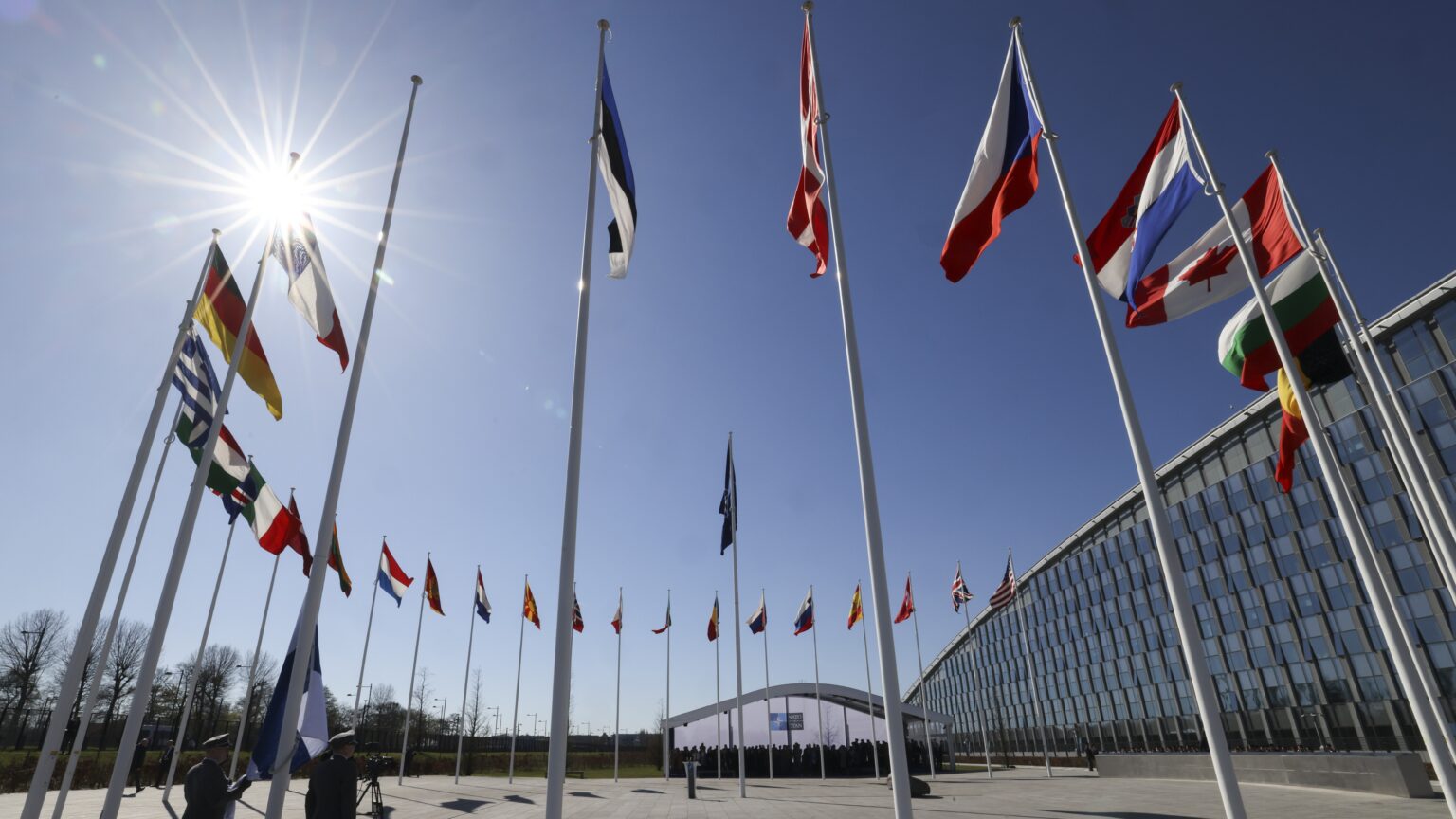
‘Unless NATO can produce a credible plan to remain relevant in a world that is changing dramatically—geopolitically and technologically—it risks falling apart under the weight of its own irrelevance.’
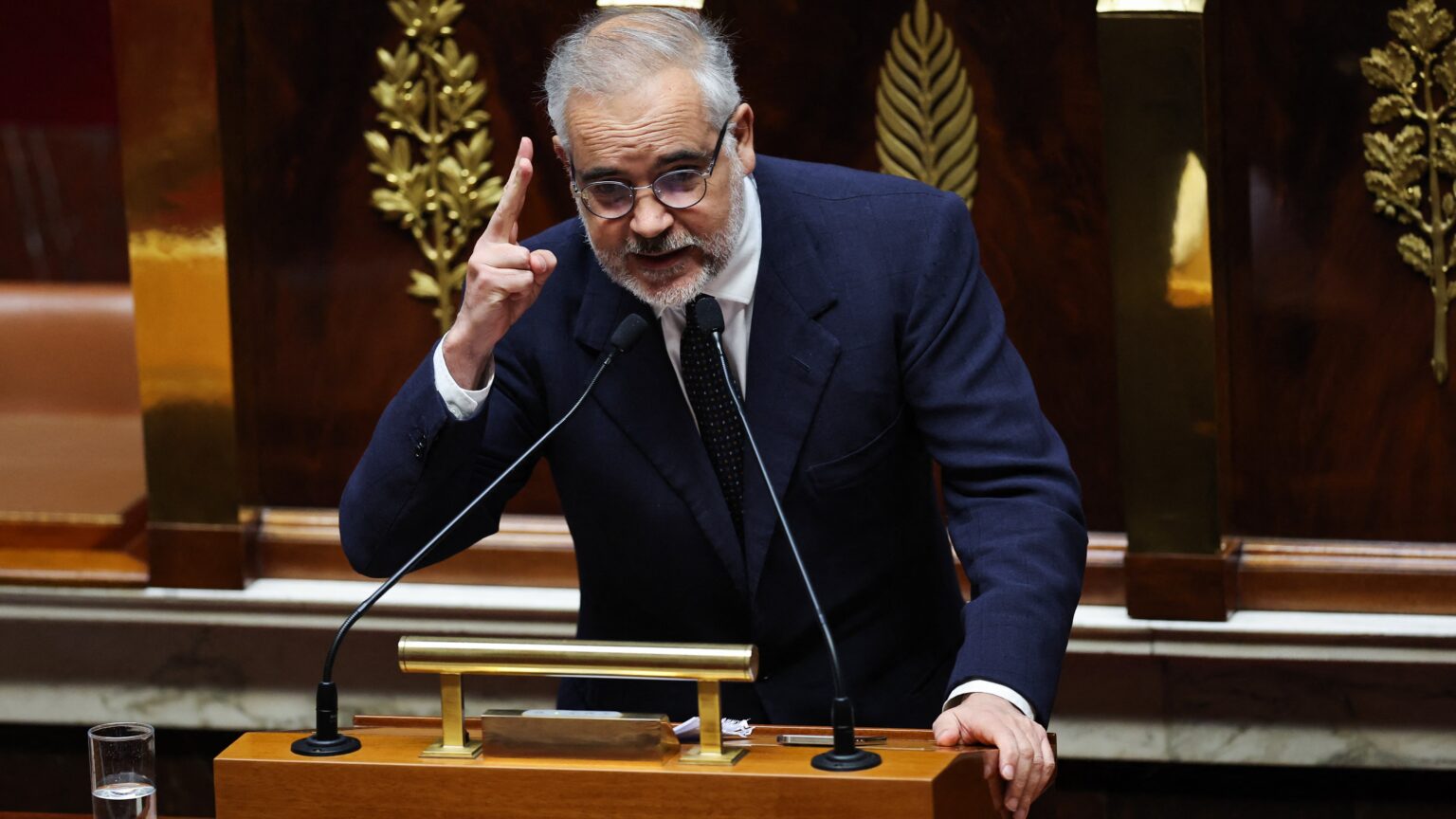
During the session on the bill, the National Rally was called the ‘party of the SS’ by one left-wing parliamentarian.
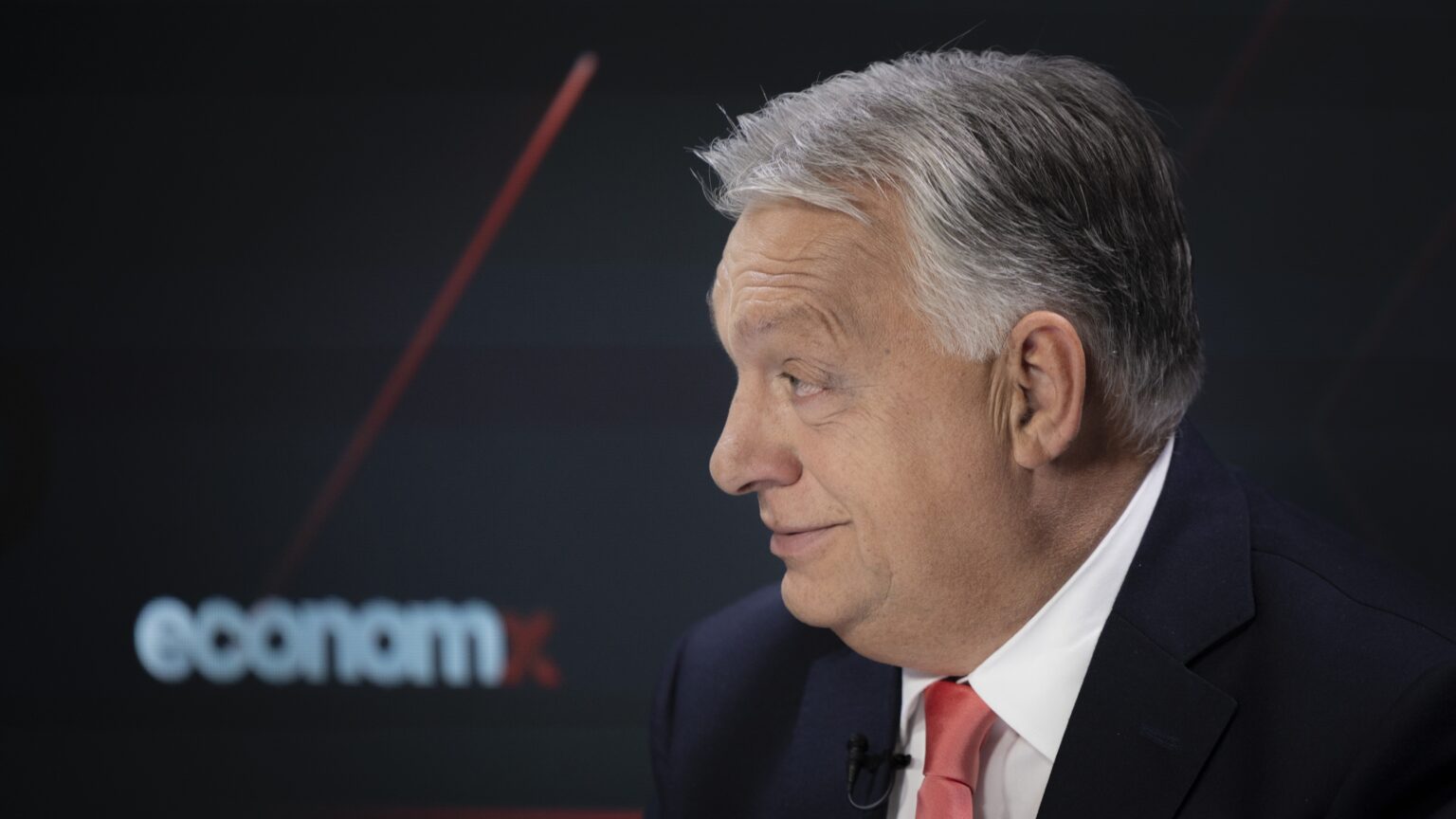
Prime Minister Viktor Orbán widened his advantage over Péter Magyar in November regarding who Hungarians see as the most suitable head of government, according to a new Nézőpont Institute poll that shows nearly half the public would keep the current premier.
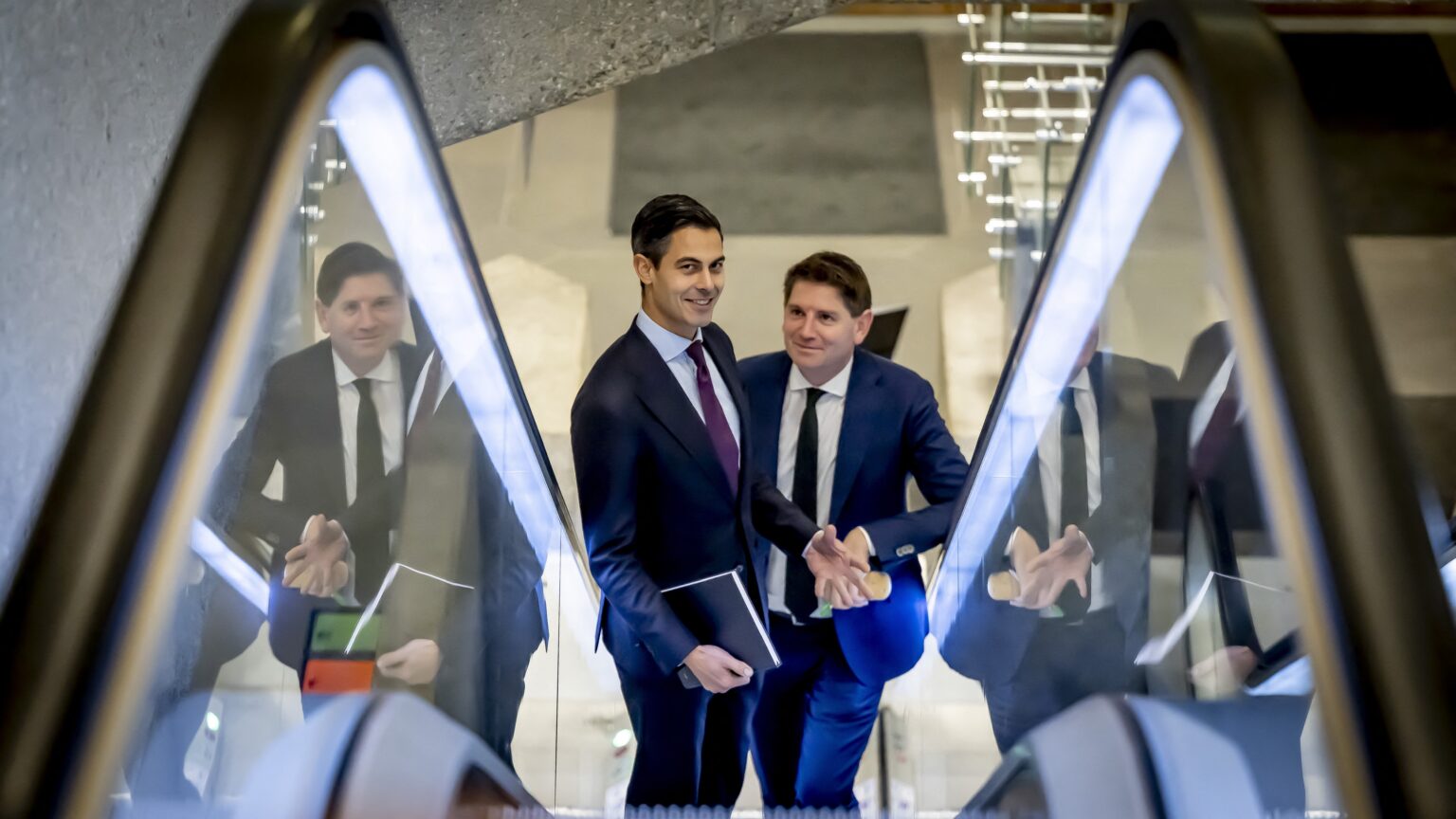
‘A D66-led government would most likely eliminate most Dutch resistance, from environmental projects to diplomatic disputes between EU Members and foreign policy.’
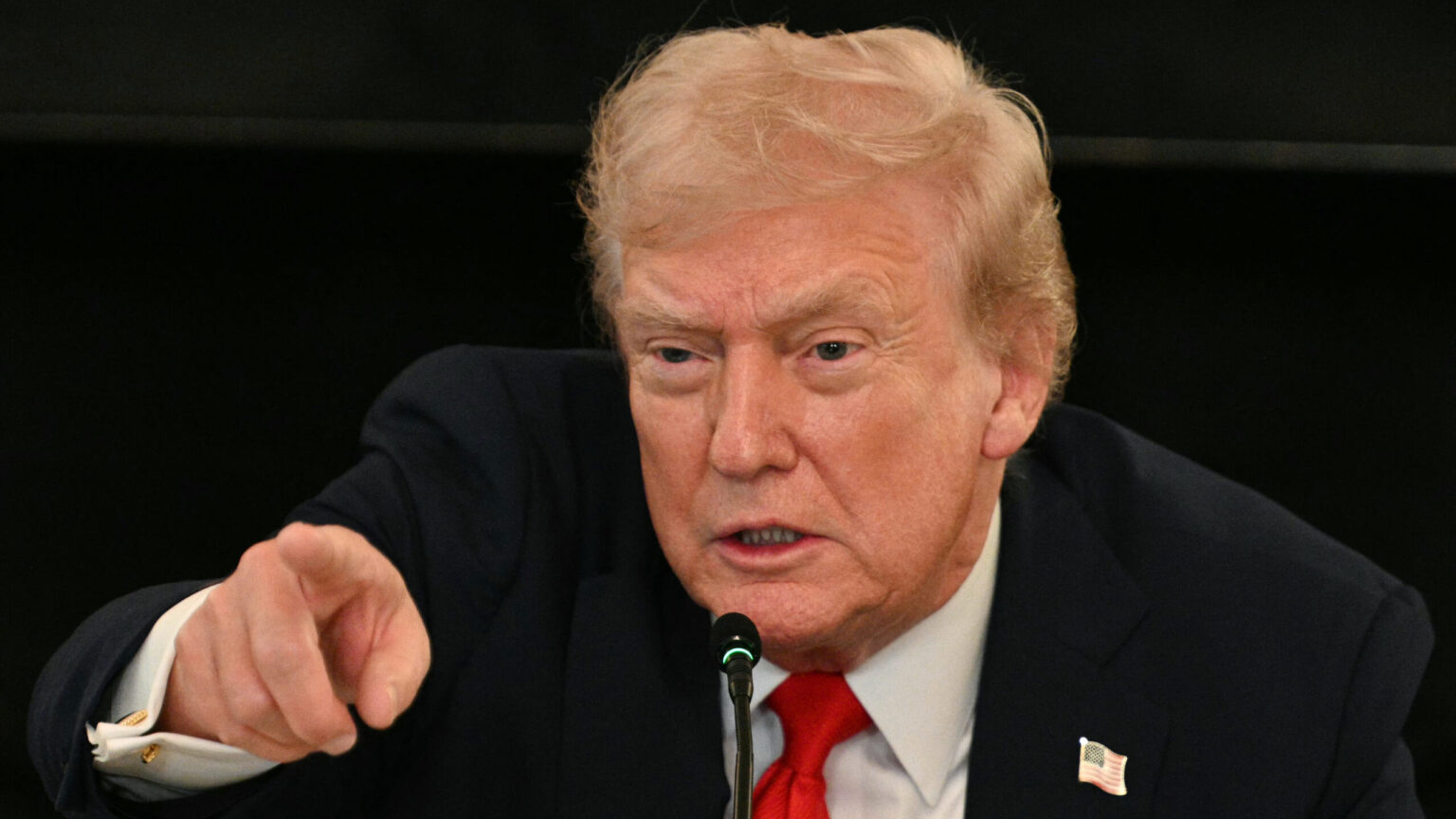
The Trump administration’s new National Security Strategy warns that Europe is on a path toward ‘civilizational erasure’, urging EU governments to reverse course on mass migration and reclaim national sovereignty. The document explicitly backs Europe’s patriotic forces, signalling a coordinated push to reshape EU politics.

For years, Brussels’s progressive mainstream has painted Viktor Orbán as the EU’s so-called ‘Russian asset’. But now Belgium’s own prime minister, Bart de Wever, is being given the same label—simply for rejecting a reckless plan to use frozen Russian assets as collateral for a EUR 140 billion Ukraine loan.
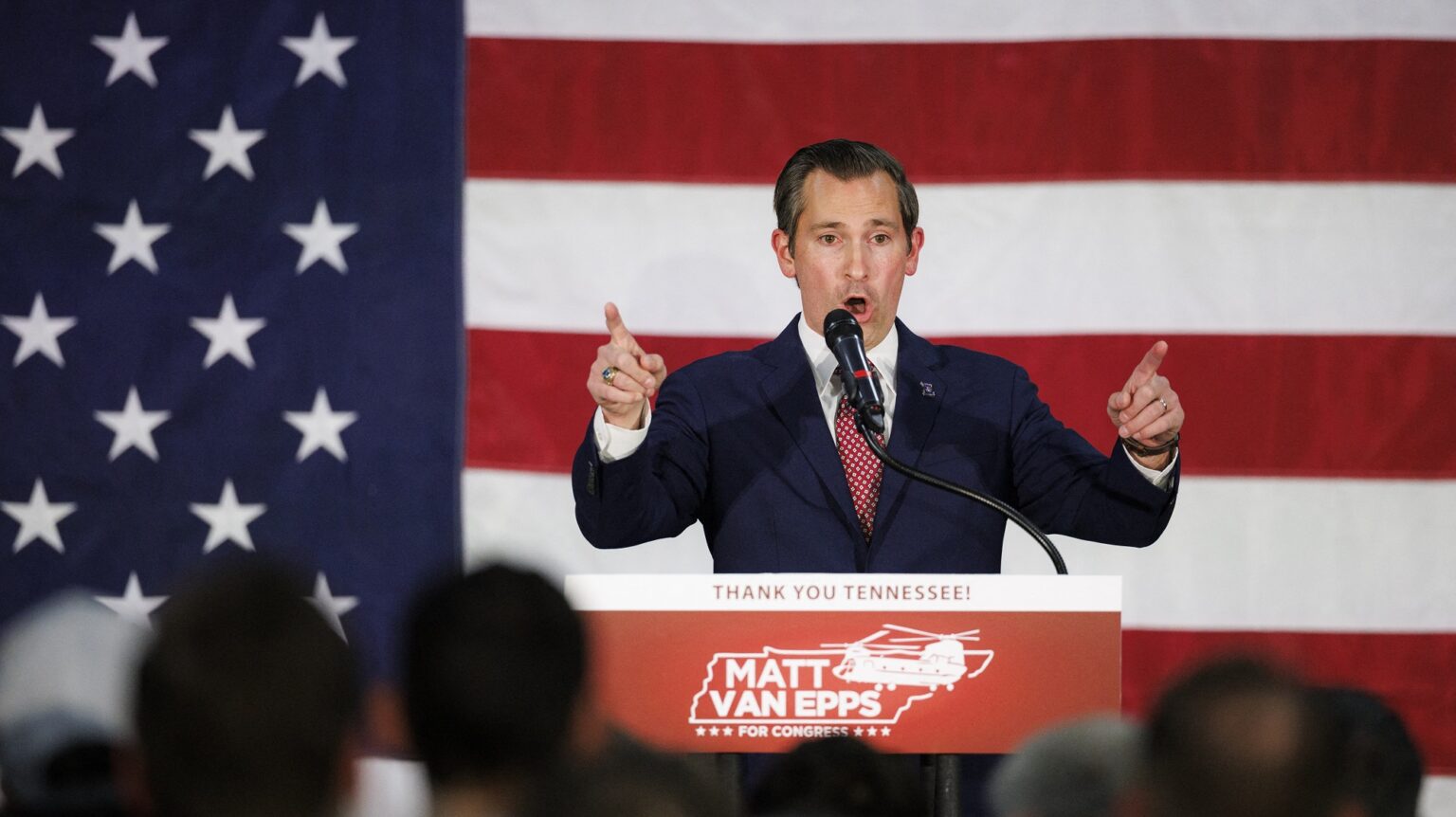
Matt Van Epps of the Republican Party defeated Democrat nominee Aftyn Behn, who has been dubbed as ‘the AOC of Tennessee’ by right-wing media, in the special election for the vacant seat in the US House of Representatives in Tennessee’s 7th congressional district. The GOP retains their 220 House seats, while Democrats currently have 214.
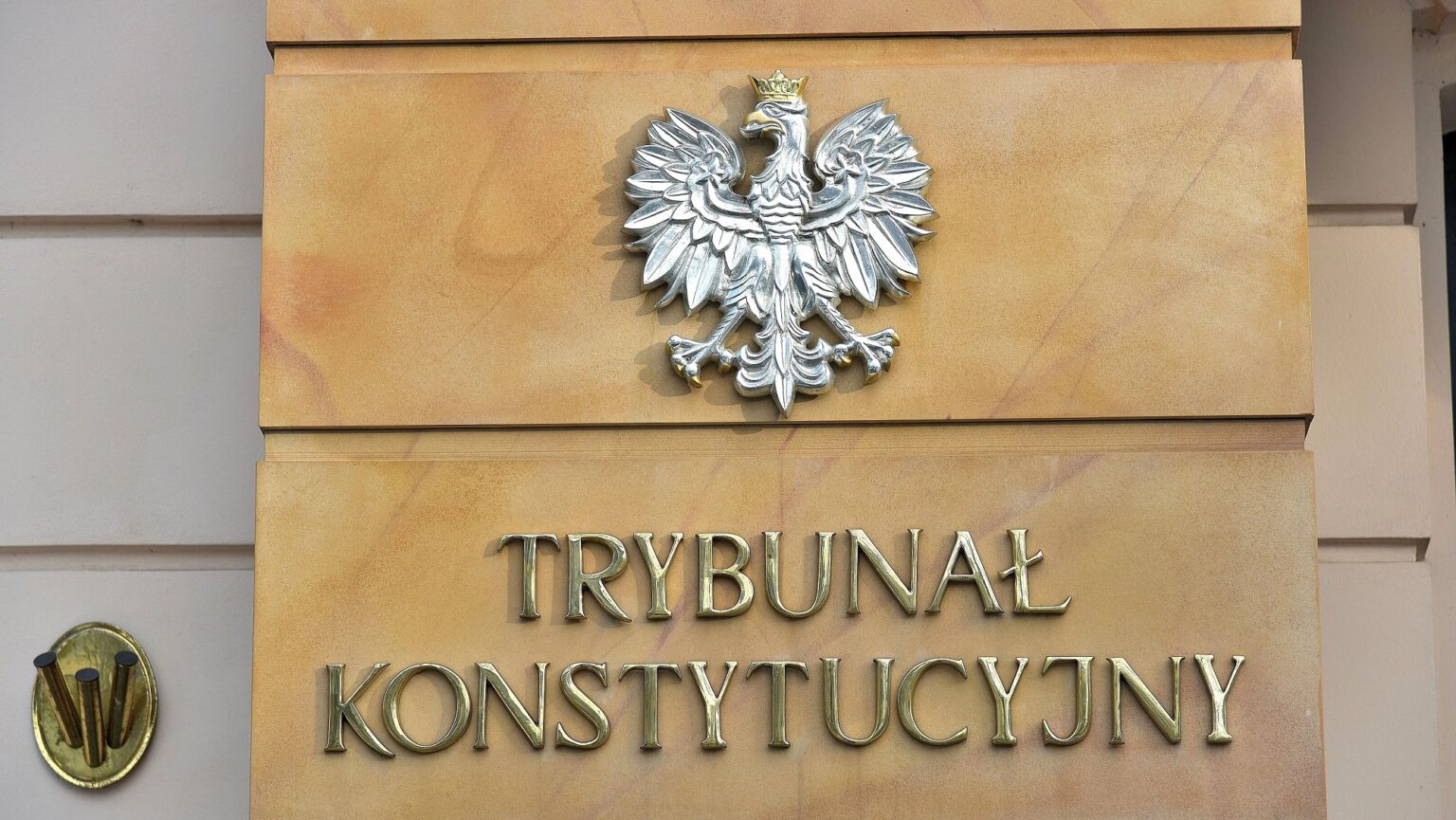
In a lengthy Facebook post, Polish MP Marcin Romanowski for the right-wing PiS party has lauded the decision by the Constitutional Court of Poland to stop Prime Minister Donald Tusk’s effort to establish a ‘liberal juristocracy’ in the country.